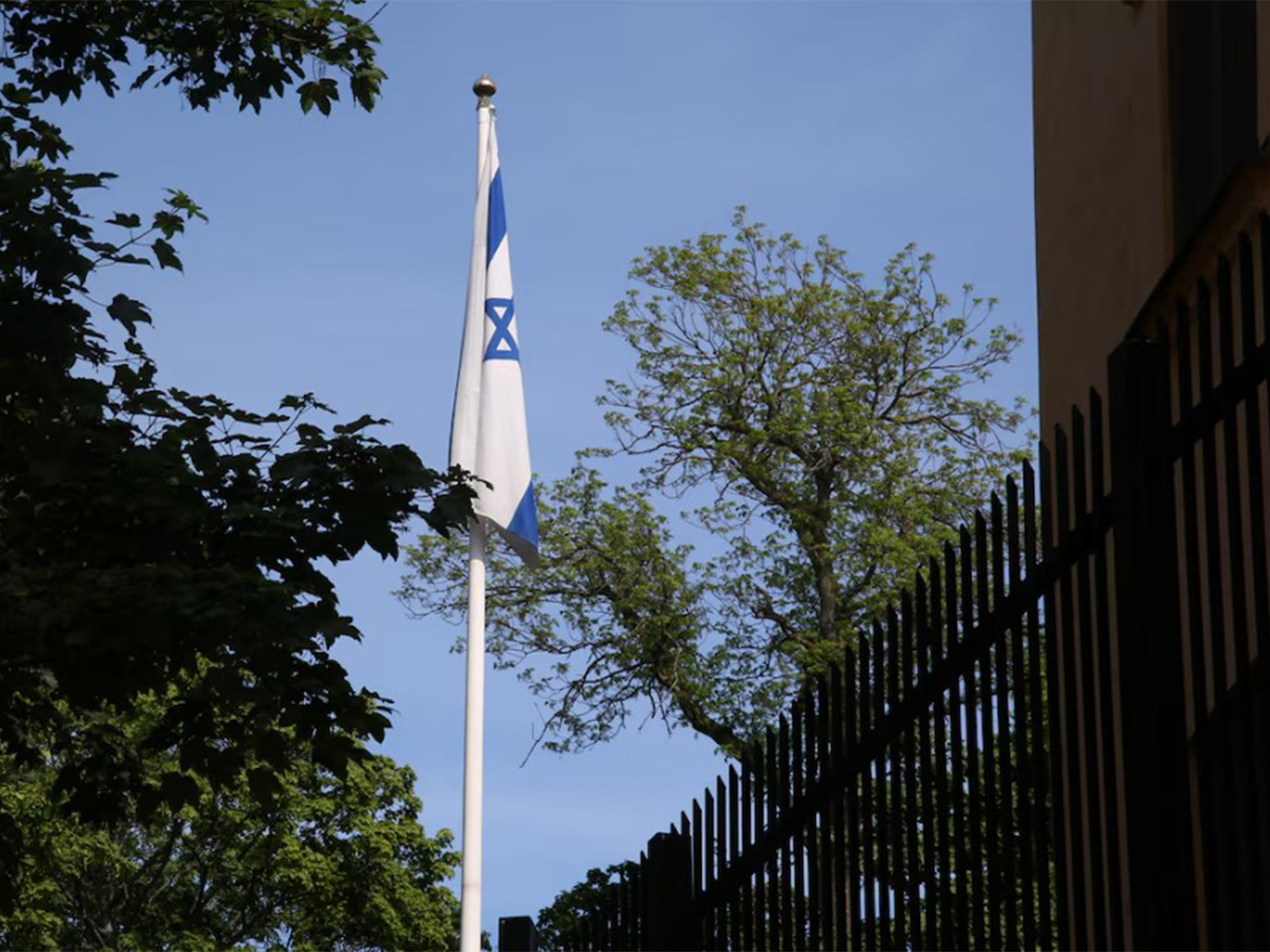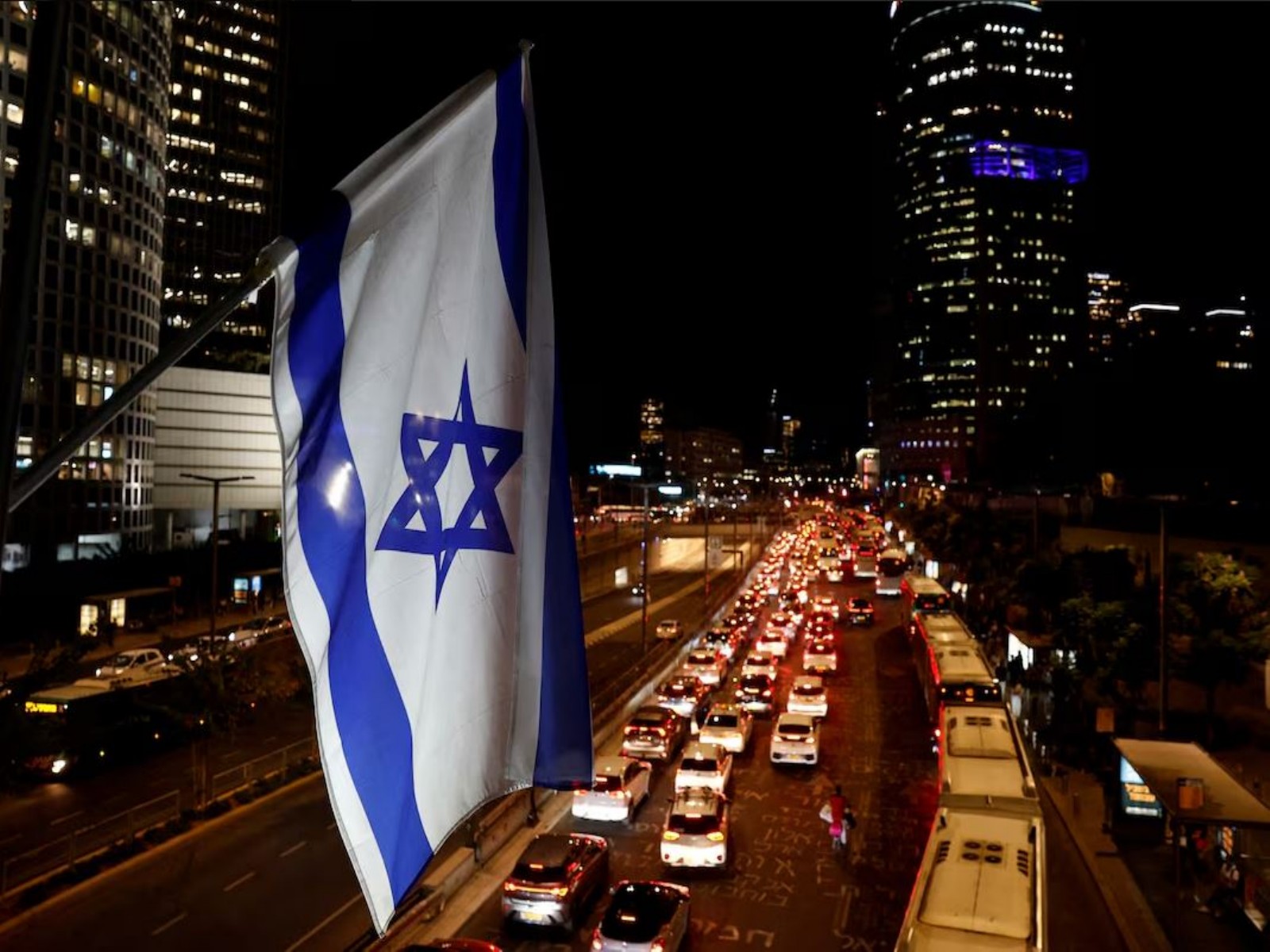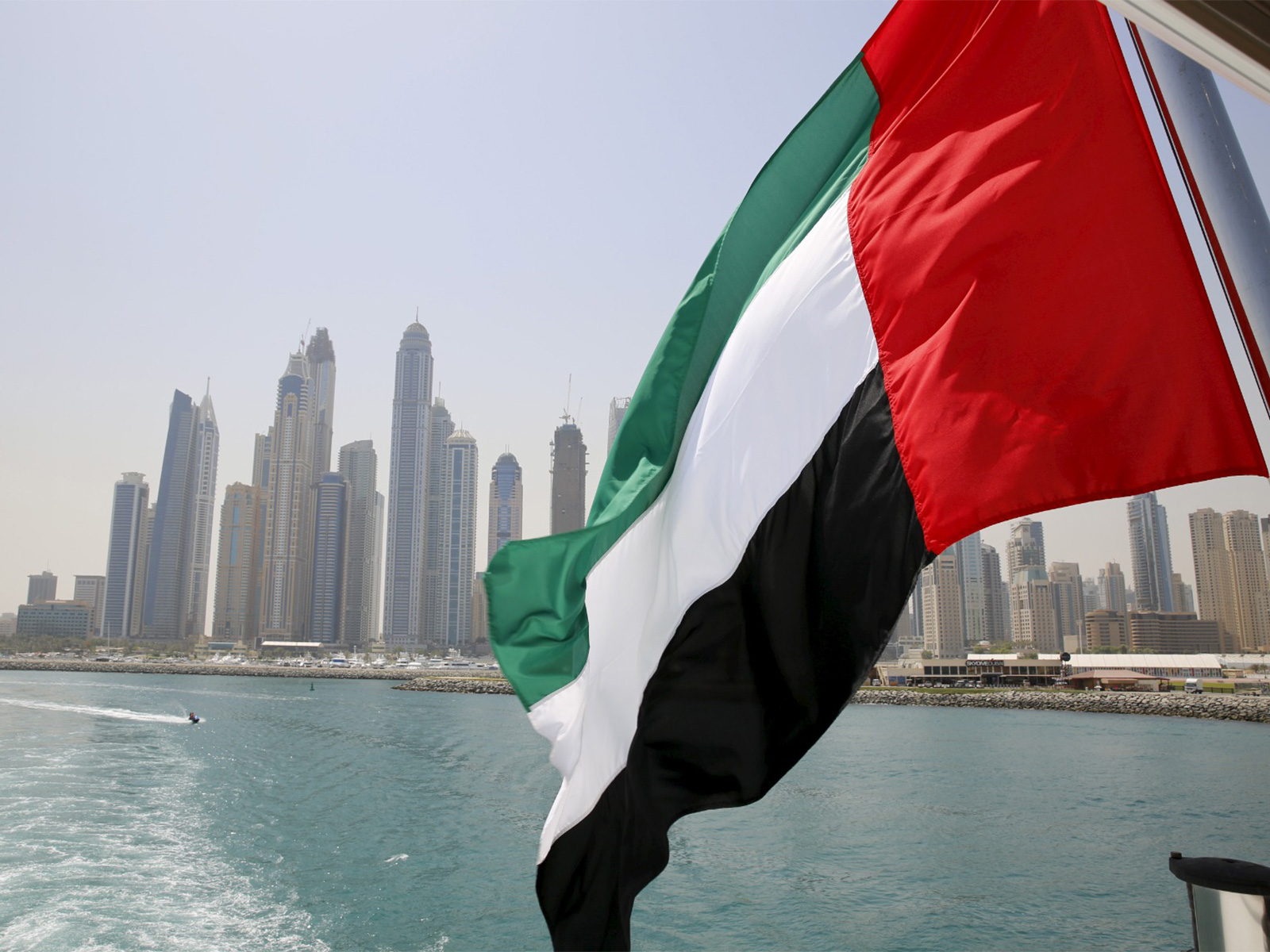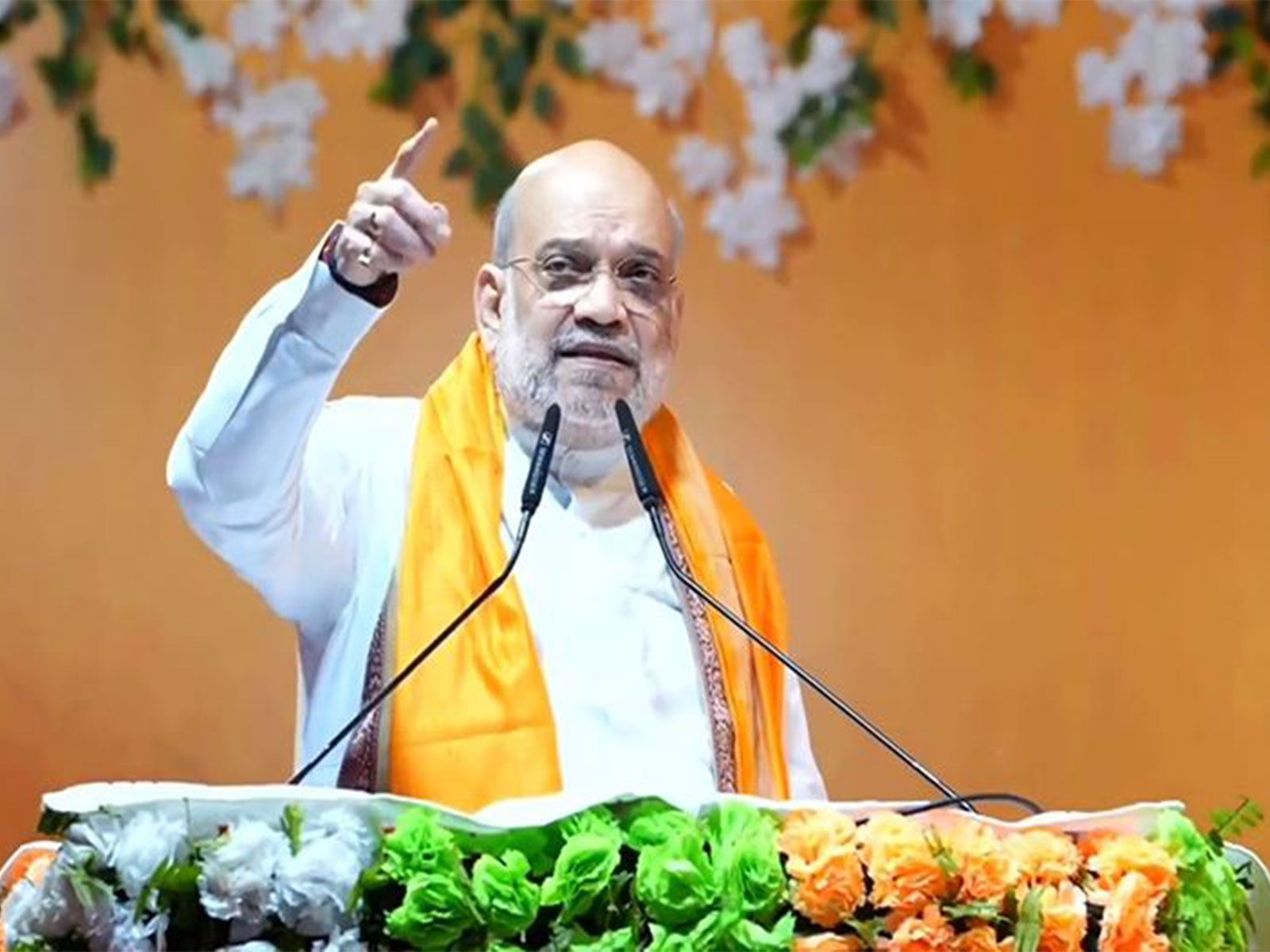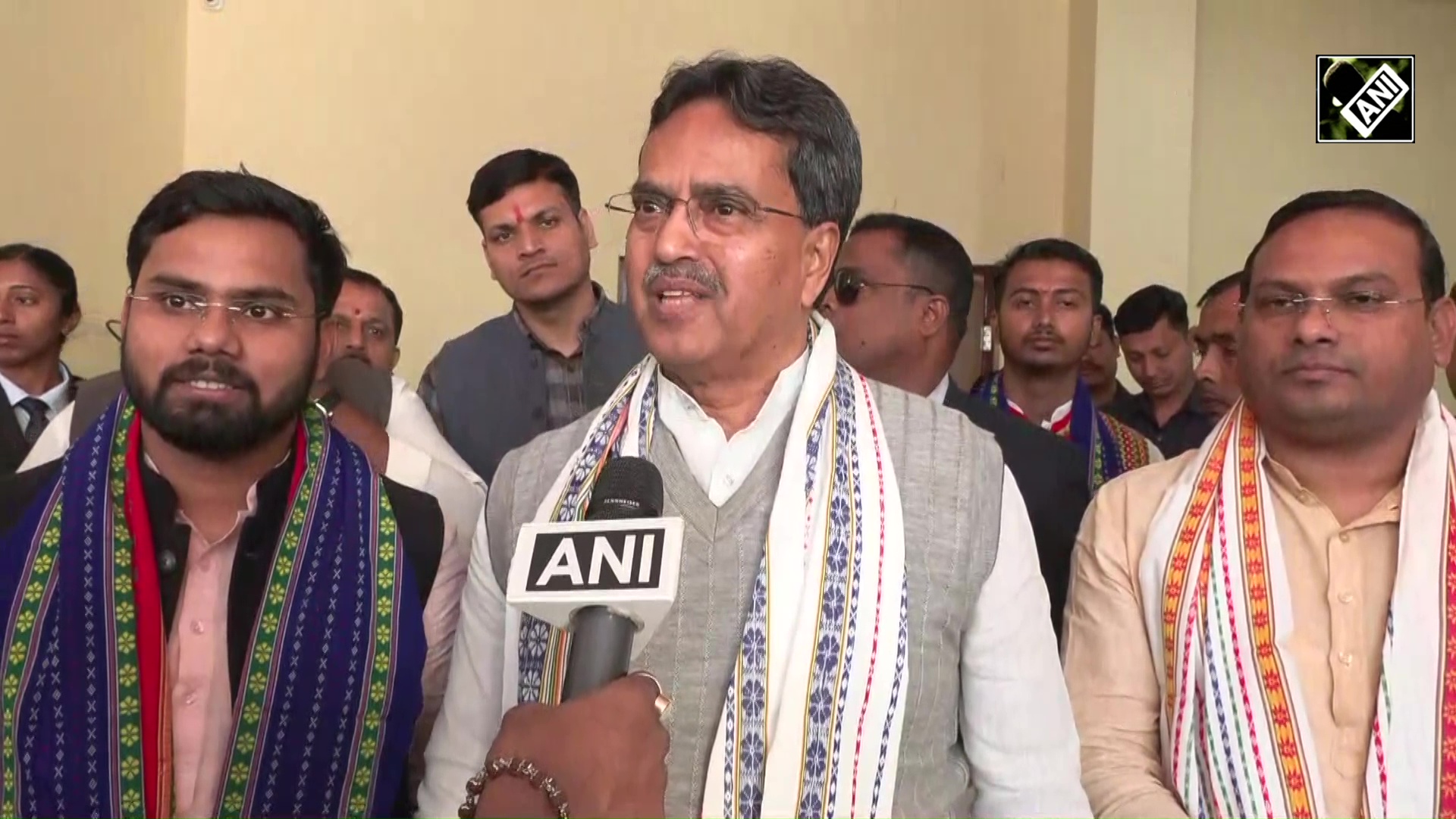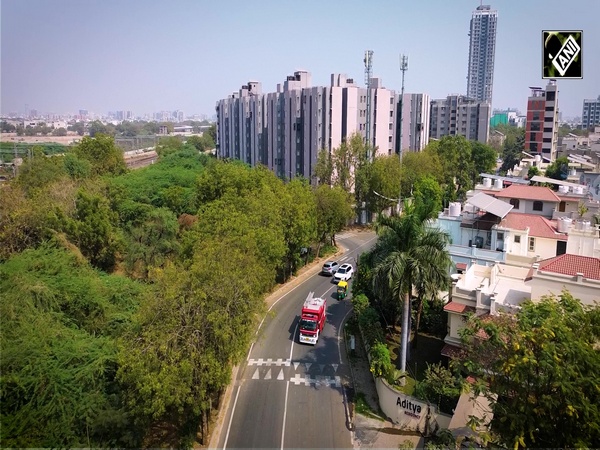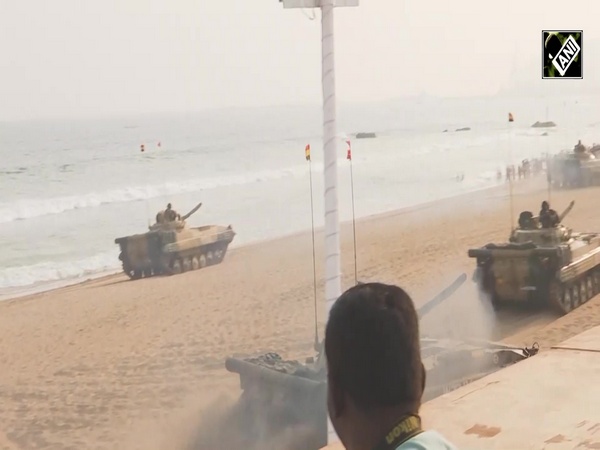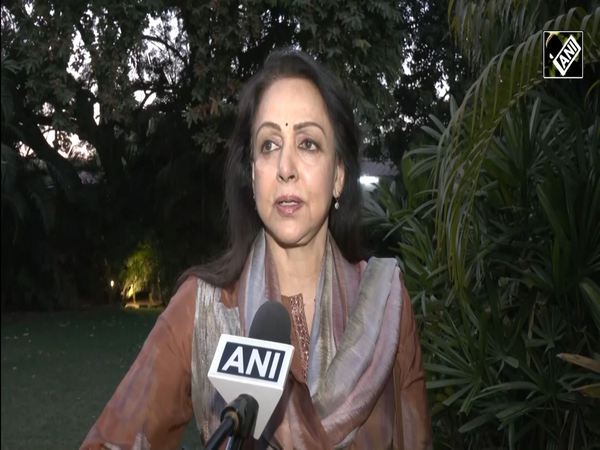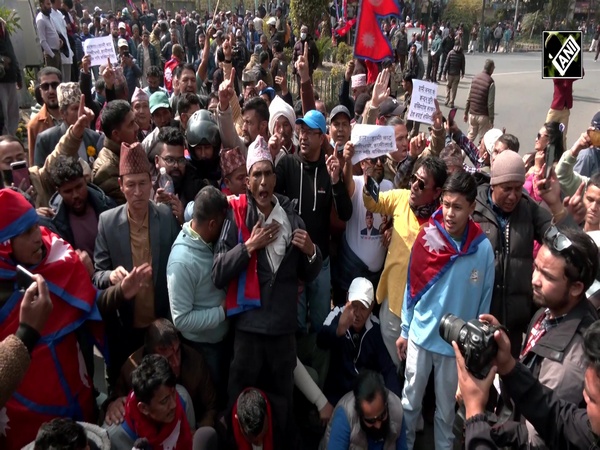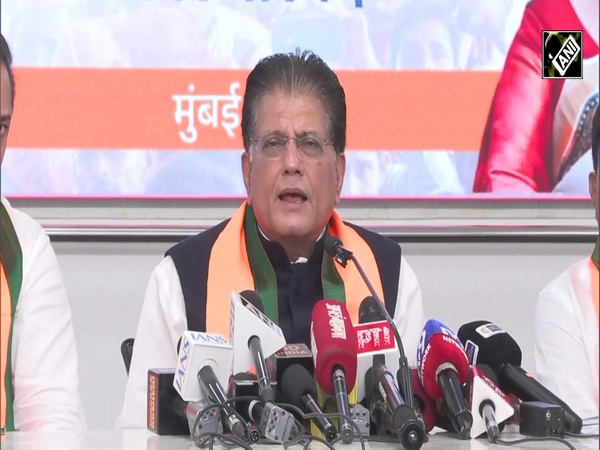My life was destroyed for exposing Pakistan's nuclear secrets: Ex-CIA officer Barlow
Nov 07, 2025
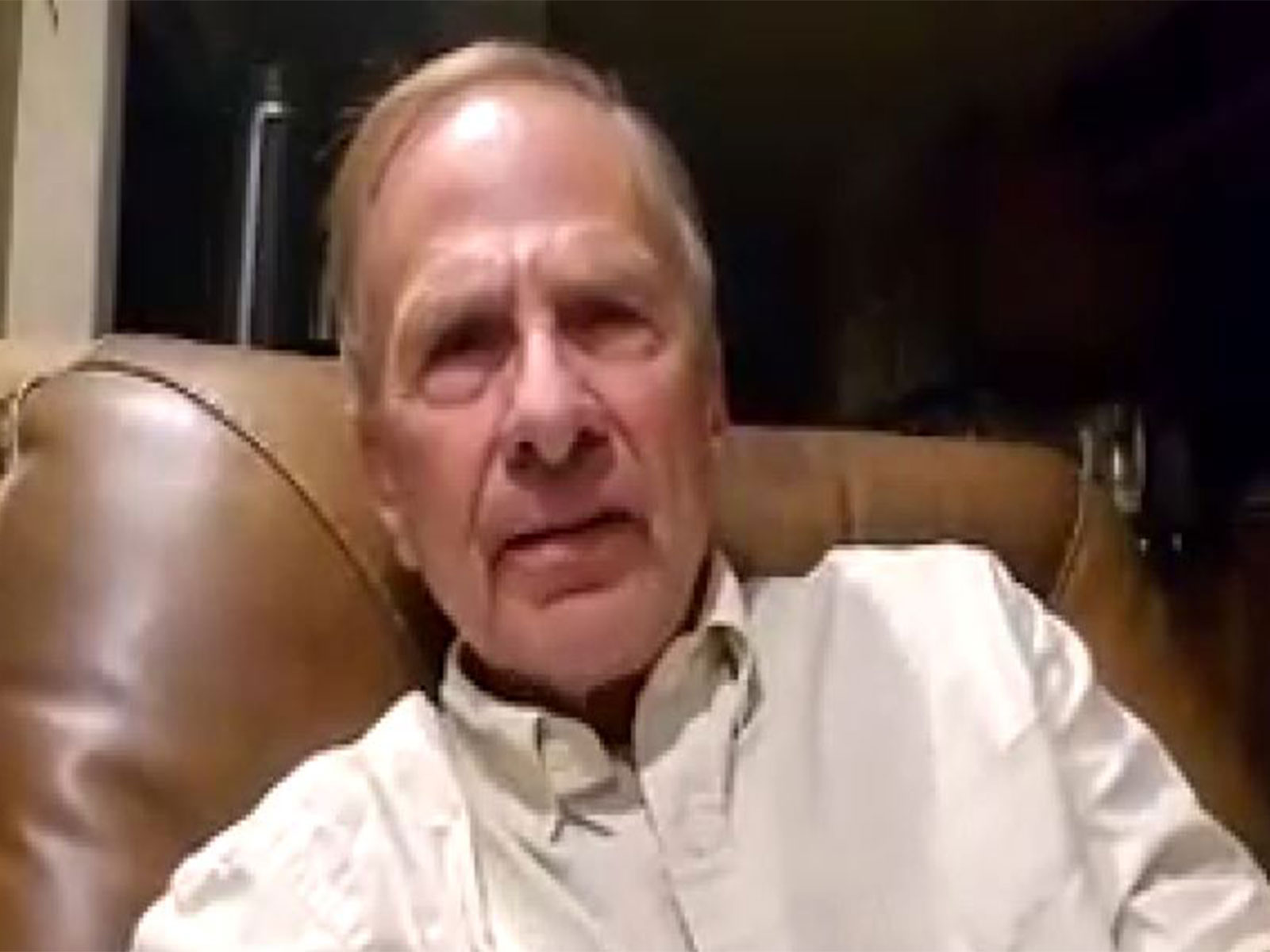
Washington DC [US], November 7 : "My life was completely destroyed... my wife left... I've been living in my motorhome camping for 18 years now," said former CIA counterproliferation officer Richard Barlow, who stated that he had to pay a devastating personal price for exposing Pakistan's clandestine nuclear weapons programme in the 1980s and seeing his life shattered by the very government he served.
In an interview with ANI, Barlow recounted how his relentless pursuit of truth led to professional sabotage, personal ruin, the end of his marriage, and nearly two decades of homelessness, all while Pakistan successfully built and proliferated the "Islamic bomb".
According to the former CIA officer, his ordeal began in 1985 when he joined the intelligence agency as a specialist on Pakistan's nuclear procurement networks, which were run by Abdul Qadeer Khan.
"I was the one who took action against the networks because nobody was doing it," Barlow told ANI.
Despite abundant intelligence showing Pakistan's illegal acquisitions of US materials for uranium enrichment and bomb-making, the Reagan administration prioritised the Afghan war against the Soviets, viewing Pakistan as an indispensable ally for arming the Mujahideen.
"We had superb intelligence on Pakistan's nuclear weapons and enrichment activities...better than on any other programme in history," Barlow revealed. Yet, the Cold War imperatives trumped nonproliferation.
According to Barlow, the then US National Security Advisor Zbigniew Brzezinski's memo had set the tone: "We cannot let our proliferation policy dictate our foreign policy."
Barlow's breakthrough came in 1987 when he orchestrated the arrest of Arshad Pervez, a Pakistani agent attempting to smuggle 25 tonnes of maraging steel--essential for gas centrifuges--from the US. Working with the Customs Service, Barlow ran an undercover sting that exposed retired Pakistani Brigadier General Inamul Haq as the mastermind directly linked to Khan Research Laboratories (KRL), the core of Pakistan's nuclear programme. The arrest triggered a firestorm.
According to Barlow, US State Department officials, including then Deputy Assistant Secretary Robert Peck, tipped off Islamabad, allowing Haq to evade capture.
"I was ballistic. I couldn't believe it. These are people in my own government, the enemy within," Barlow said.
Barlow revealed that the US Congress, enraged by Pakistan's then-President Zia-ul-Haq's deception amid billions in US aid, invoked the Solarz Amendment, mandating aid cuts for illegal nuclear exports.
Testifying alongside US National Intelligence Officer David Einsel, Barlow defied pressure to downplay evidence.
"I made it very, very brief, that there was no doubt on that issue that they were agents of the Pakistani government. We had hard evidence of this. We got into all the pounds and pounds of documents and evidence and things that were said in undercover meetings that were taped. We had hard evidence. There was no doubt of it," he stated, confirming incontrovertible proof of state involvement.
The former CIA officer further revealed that President Reagan triggered the Solarz Amendment but immediately waived it for national security as Afghan priorities prevailed. Aid flowed, funnelling resources that Barlow believes bolstered Pakistan's bomb.
"Billions of dollars of US military and covert aid. There was a significant portion of it that was funnelled off; knowing how Pakistan works, that may have helped to fund their nuclear programme," he asserted, noting Saudi contributions too.
Barlow's candour earned him enemies.
CIA's Directorate of Operations (DO) officials, focused on the Mujahideen, sought his firing. Promoted with an award by CIA Director William Webster, he was barred from further law enforcement collaboration on Pakistan.
"People were trying to fire me. Well, it ended up with the director, Bill Webster, giving me an award and I got promoted and I got confirmed as a permanent employee. I could have stayed at the CIA for the rest of my working life. But I was informed that I was no longer allowed to work with law enforcement agencies on Pakistan illegal procurement activities. That was a turning point in history right there. I was the only person in the government working on this full time. One person was too much," Barlow lamented.
Resigning in 1989, he joined the Office of the US Secretary of Defence under Dick Cheney. Tasked with assessing Pakistan's capabilities, Barlow's report--for an NSC meeting--detailed F-16 compatibility with nuclear delivery, contradicting official denials. Intercepted and rewritten to omit damning intelligence, his findings were suppressed.
"I was tasked with drafting a full assessment of Pakistan's nuclear weapons programme, looking at everything, delivery systems, and weapons development. And I did for our new Secretary of Defence, Dick Cheney for an upcoming National Security Council meeting on Pakistan. I wrote that paper and a guy who was the regional action officer for Pakistan in another part of the Pentagon was breathing down my neck to change my assessments, And I actually had DIA prepare a separate assessment just on the F-16 delivery issue," Barlow said.
Retaliation escalated with fabricated claims of psychiatric issues, stemming from reported marriage counselling, leading to suspended clearances, a nine-month investigation, and termination, he revealed.
"During this period, Cindy and I had a pretty rough time when I was at the CIA. We were in marriage counselling. And you have to report that when you have the kind of clearances that I have. And so I did. And so my immediate supervisors, they knew exactly what it was about. And in the end, somebody rewrote the assessment that I wrote for Cheney, taking out all the damaging intelligence. They didn't tell me that," Barlow said.
"In the end, I was called into the security office. This is after being given a fire notice. And it turned out, months later, they revealed to me that the allegations were two things. One, that I was going to Congress to tell them the truth, which was an absolute fabrication. And two, that the reason I was doing this was because I was mentally psychotic under psychiatric care when they knew it was just marriage counselling," he noted.
"So a nine-month-long investigation, invading our marriage all over Washington, making everybody think that I was some kind of a spy or had done some horrible security thing. It was all found to be completely fabricated. And I was called in and given my top secret clearance back, but they refused to put me back in my job," the former CIA officer added.
Barlow stated that later Congressional probes deemed the DOD investigation a "cover-up" and by 1993, he was broke and divorced, leaving Washington for Santa Fe, driving a tour bus. Contract work with the CIA and FBI followed, building their counterproliferation unit, but no reinstitution.
"My life was completely destroyed, to put it in a nutshell. My wife left me. I had no money and, I moved to Santa Fe, New Mexico. And I was completely broke. My credit was destroyed. I got a job driving a tour bus off the Plaza and Santa Fe for a while. And eventually the CIA hired me as a contractor out of my house initially, and my clearances were restored," he stated.
"After a year or two, I brought in a contract with the FBI, National Security Division, and I started their counterproliferation program. They didn't have one. And both analytically and operationally. And I ran that for eight years," Barlow stated in rejuvenation.
By 2005, AQ Khan's network bust exposed transfers to Iran, Libya, and North Korea--vindicating Barlow's warnings--and a Senate amendment promised USD 1.8 million in pension equivalency.
Homeless since 2007, Barlow lives in a 24-year-old motorhome on Social Security and a USD 300 monthly mini-pension.
"I've been basically a homeless person living in my motor home camping for 18 years now. And I had money of my own from the sale of my house and my savings," he said.
"I live on my social security. And I have a mini government pension of about USD 300 a month. My pension was calculated to be about USD 90,000 a year. Now I live on about USD 1,600 a month, which is not possible. I mean, I never go to restaurants. I used to go to food banks; it's tough," Barlow lamented.
Barlow's "primary sin"? Arrests that forced truth into the open.
"My primary sin was getting people arrested, because then the truth comes out. And if this was just about me, we wouldn't be here right now. But what happened to me is emblematic of our government's handling of AQ Khan and Pakistan's nuclear programme," he said.
"They did nothing for the next 20-24 years. During which period, it was always very clear that while Pakistan's primary motive for developing nuclear weapons was to counter India, for sure," Barlow added.
